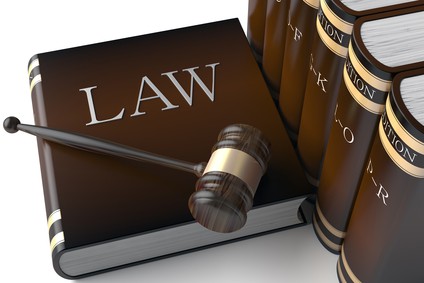 The Texas Tribune published today an article outlining the coming changes to the Texas State Board of Dental Examiners as a result of House Bill 3201 that was passed by the legislature and signed by the governor. The legislation will take effect September 1st.
The Texas Tribune published today an article outlining the coming changes to the Texas State Board of Dental Examiners as a result of House Bill 3201 that was passed by the legislature and signed by the governor. The legislation will take effect September 1st.
State Rep. Lois Kolkhorst, head of the House Public Health Committee and the bill author, told the Tribune, ““I felt like we had a weak board. This is a big deal, not to be taken lightly. It should lead to great reforms within the dental board.”
A copy of the article can be downloaded here.
The Tribune summarized the changes and they are listed below:
DAYS FOR INITIAL REVIEW OF COMPLAINT
BEFORE: The State Board of Dental Examiners had taken an average of more than 400 days to make a preliminary decision on whether to proceed with complaints filed against dentists.
AFTER: A preliminary investigation must be completed within 60 days to determine if a violation occurred and if an investigation is needed.
COMPLAINT ADJUDICATION PROCESS
BEFORE: The seven-member board handled complaints individually with the help of volunteer dental experts.
AFTER: A general staff will be hired to conduct a preliminary investigation to decide that a violation has occurred and to proceed with the investigation or to dismiss the case upon the dental board’s review. In cases where an investigation is pursued, complaints involving standard of care are referred to a new expert panel composed of dentists and dental hygienists. All other investigations will be heard by the dental board. The dental board will make final decisions on all cases involving a violation and will review the staff’s dismissal of other complaints.
NEW REQUIREMENTS
When seeking or renewing licenses, dentists must provide the following information:
- The number and type of dentists employed by the license holder.
- The name under which the license holder provides dental services and each location at which those services are provided by that license holder.
- Whether the license holder is a participating provider under the Medicaid program operated under Chapter 32 of the Human Resources Code, or the child health plan program operated under Chapter 62 of the Health and Safety Code.
- Whether the license holder is employed by or contracts with a dental service organization and, if so, the name and address of the dental service organization.
- Whether the license holder owns all or part of a dental service organization and, if so, the name and address of the DSO and of each dental office at which the DSO provides services to patients.
- Whether the license holder is a party to a DSO and, if so, the name and address of the DSO that provides services under the agreement.
- If the license holder owns all or part of a DSO, whether that practice is a party to a dental service agreement and, if so, the name and address of the DSO that provides services under the agreement.
The parent or guardian of a child younger than 18 may be present in the treatment room during the child’s dental treatment or procedure, unless the dentist determines that the presence of the parent or guardian in the treatment room is likely to have an adverse effect on the treatment or the child.
The board shall collect an additional $55 surcharge raising the total cost to $475 and $425 for licensure and renewal, respectively. The board shall appropriate each surcharge collected to pay for the board’s enforcement program, including the expert panel.

